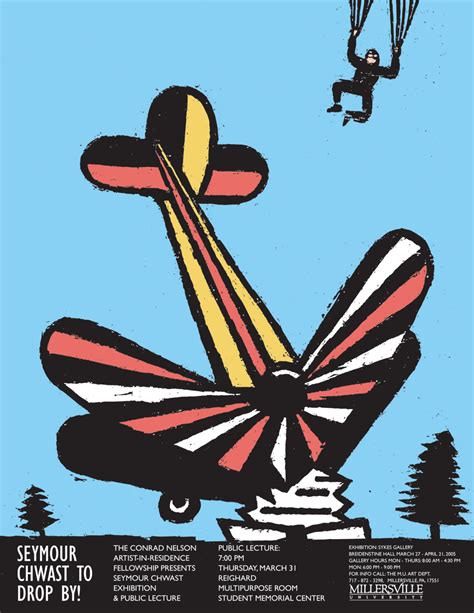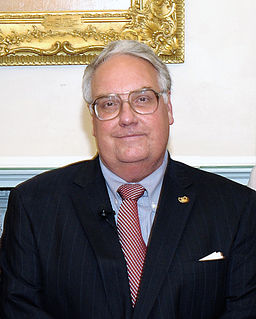A Quote by Sarah Parcak
Once archaeologists have shown possible 'new' ancient features, they can import the data into their iPads and take it to the field to do survey or excavation work. Technology doesn't mean we aren't digging in the dirt anymore - it's just that we know better where to dig.
Related Quotes
All archaeologists in Israel and Palestine make use of the New Testament Gospels. They do this because the Gospels exhibit verisimilitude. In short, the Gospels help archaeologists know where to dig and they help archaeologists understand what they unearth. The 2nd-century Gospels and Gospel-like writings rarely exhibit verisimilitude, so archaeologists rarely appeal to them.
A lot of environmental and biological science depends on technology to progress. Partly I'm talking about massive server farms that help people crunch genetic data - or atmospheric data. But I also mean the scientific collaborations that the Internet makes possible, where scientists in India and Africa can work with people in Europe and the Americas to come up with solutions to what are, after all, global problems.
In South Africa, they dig for diamonds. Tons of earth are moved to find a little pebble not as large as a little fingernail. The miners are looking for the diamonds, not the dirt. They are willing to lift all the dirt in order to find the jewels. In daily life, people forget this principle and become pessimists because there is more dirt than diamonds. When trouble comes, don’t be frightened by the negatives. Look for the positives and dig them out. They are so valuable it doesn't matter if you have to handle tons of dirt.
My parents had a gardener when I was growing up, and he and I would dig in the dirt together - my mom and dad were definitely not digging with me! When I was 5, he helped me plant some corn in our backyard, and I remember how fascinating it was to watch it grow. Little did I know that 50 years later I'd be growing corn in a different way.




































